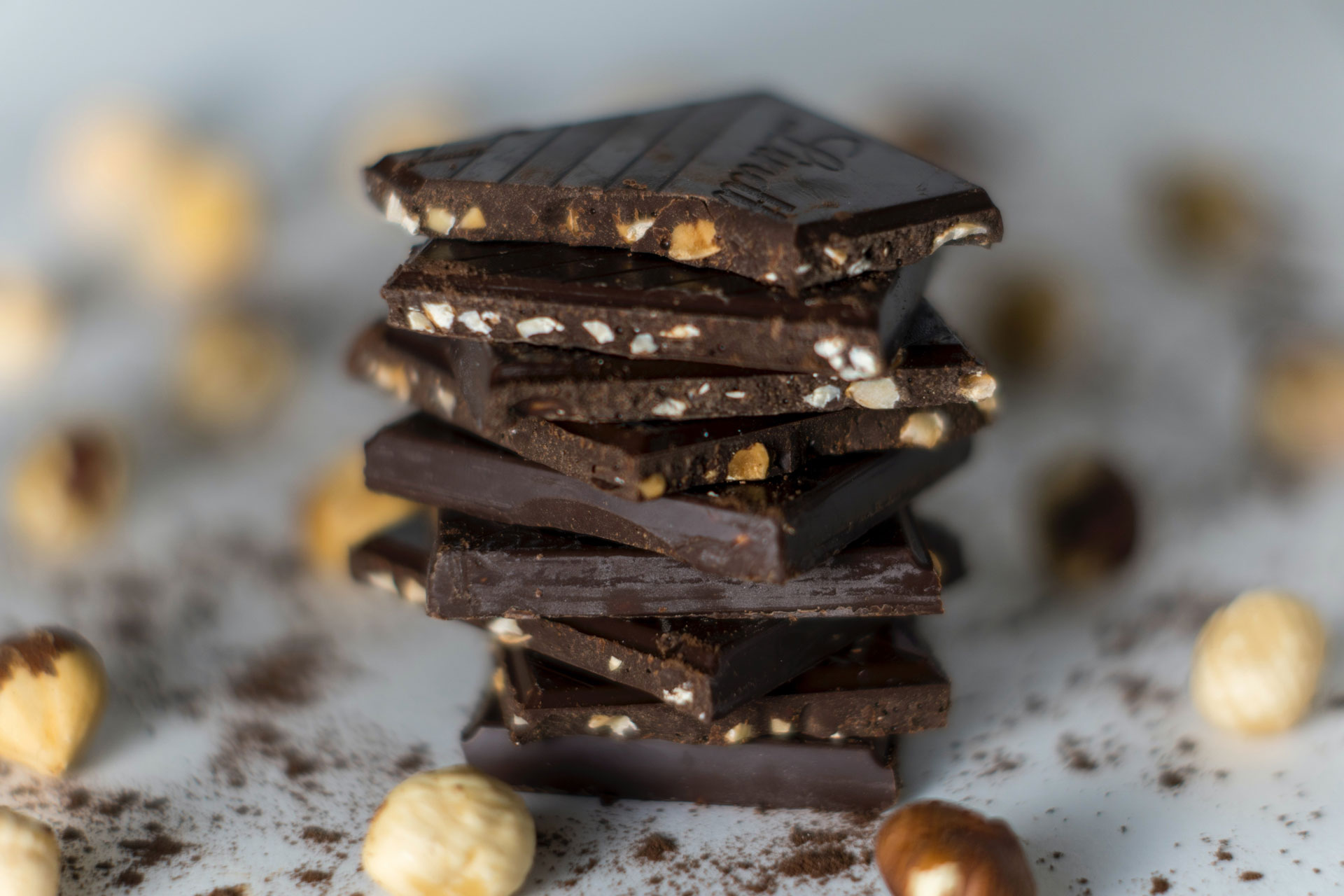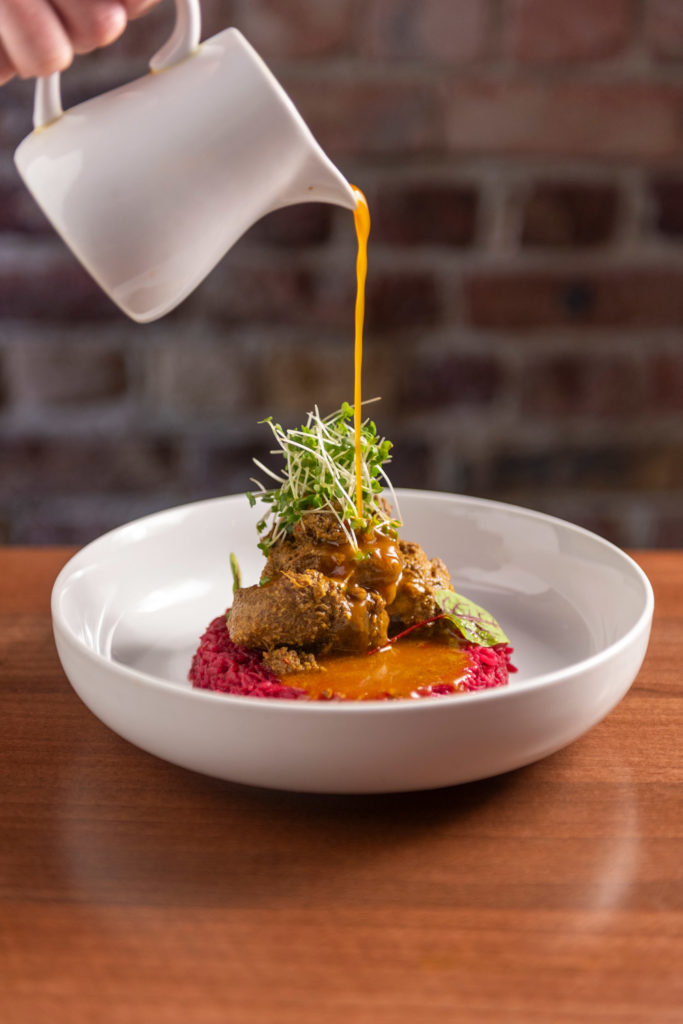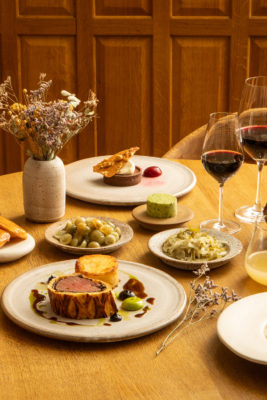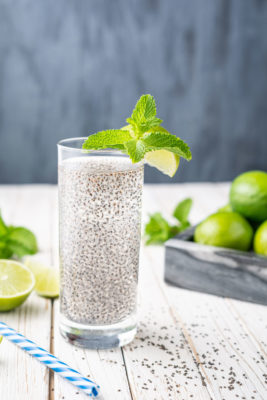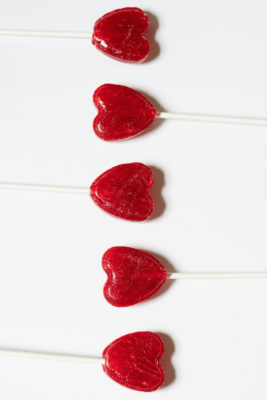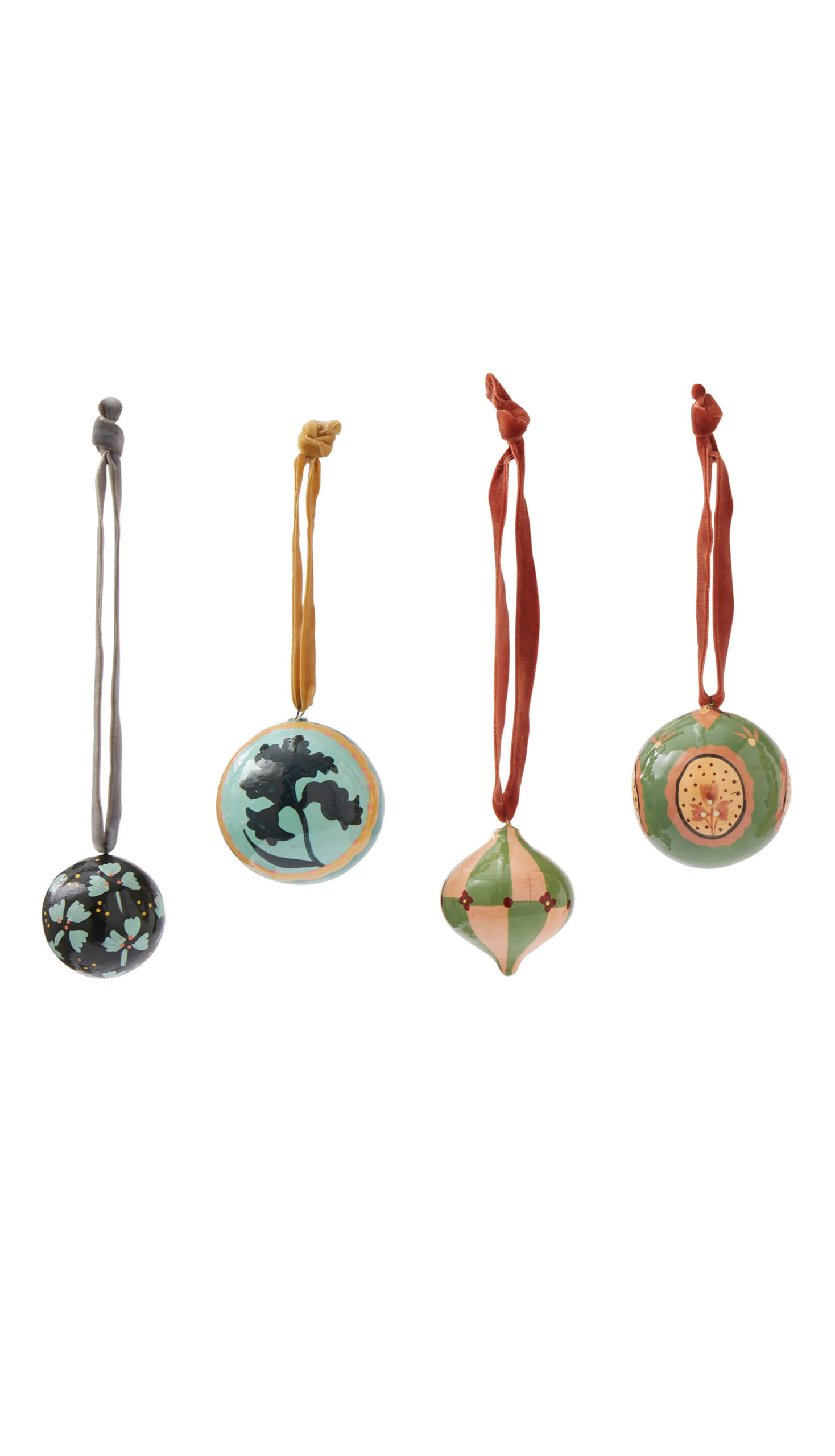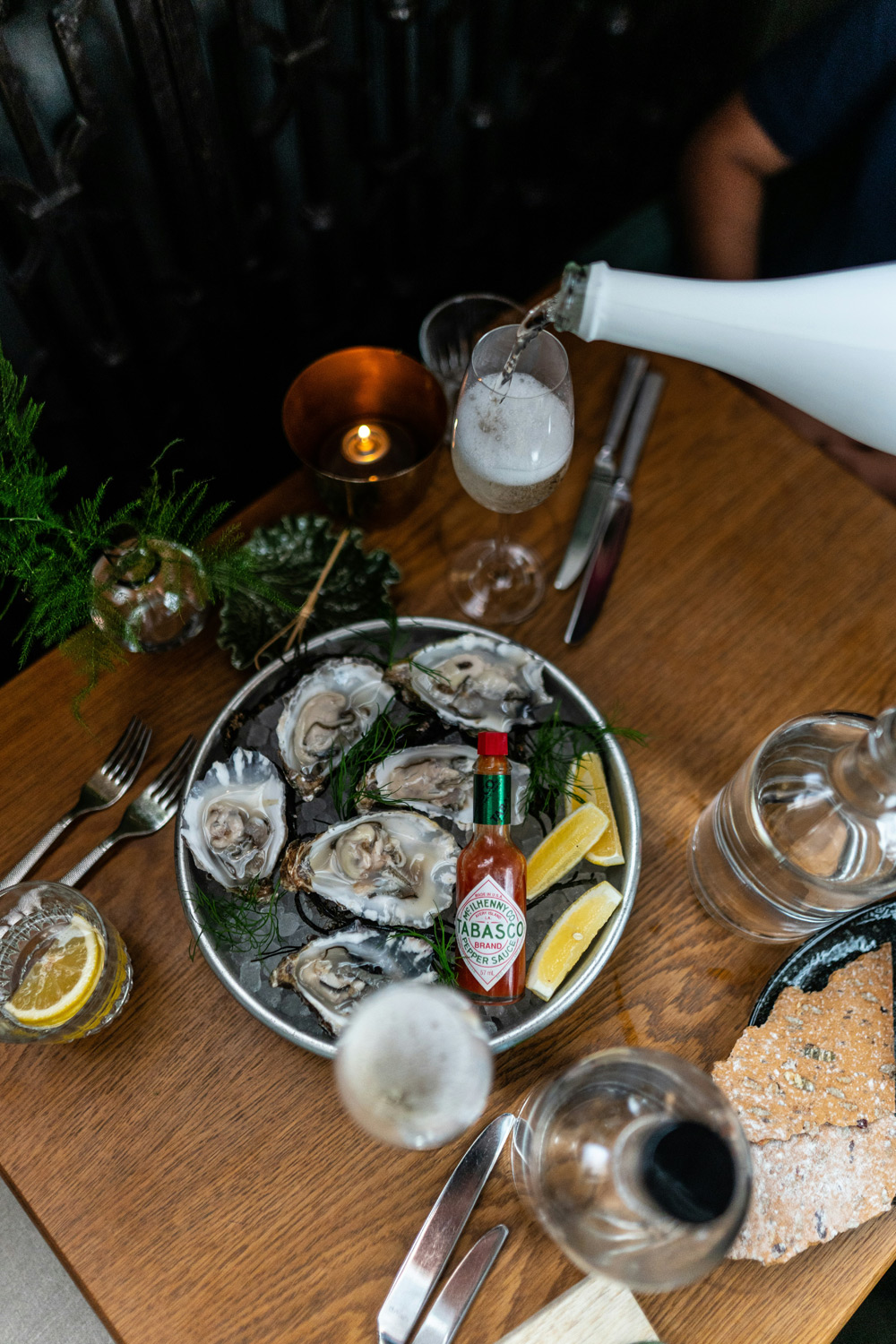
Are Aphrodisiacs Real? We Asked A Nutritionist
By
11 months ago
The science behind sexy foods
From oysters to strawberries, certain foods are believed to set the tone for love. But can specific nutrients really boost sexual desire? We asked Kerry Beeson, a nutritional therapist from Prep Kitchen, to spill the beans on the aphrodisiacs worth including in your romantic dinners this Valentine’s Day and beyond.
What Are Aphrodisiacs?
Aphrodisiacs are foods and herbs that are thought to increase sex drive. Named after the Greek goddess of love, Aphrodite, they have been used to get us in the mood for centuries: the Old Testament’s Song of Solomon references the sensory power of cinnamon, while Hippocrates allegedly suggested honey as a libido booster. Even asparagus was once thought to have the power, with English botanist Nicholas Culpeper describing its ability to ‘stirreth up bodily lust in man or woman’ in his 1653 book Complete Herbal.
While the science is limited, the theory is that certain vitamins and minerals, such as omega 3 fatty acids and quercetin, can impact blood flow, therefore increasing levels of arousal. Most experts agree the placebo effect likely plays a big role, but certain foods are renowned for their mood-boosting effects, and positive mood has been linked with heightened sexual arousal. So what should we be cooking up during the month of love? Below we explore whether there’s truth to any of the foods most commonly touted as aphrodisiacs.
Which Aphrodisiac Foods Work?
Oysters
Notorious Italian philanderer Giacomo Casanova wrote in his autobiography that he would eat up to 60 oysters a day to help fuel his romantic passions. But there may be some science to his saucy claims, according to Beeson, who explains that oysters ‘contain high levels of zinc, an important mineral for the production of testosterone, a vital hormone for sexual function in both men and women.’ They also contain omega 3s, which may help improve sexual performance. Again, the research is limited, but one study did find oysters from the west of Scotland are unusually high in a molecular compound which is linked to improved male fertility.
Chocolate
It’s a Valentine’s Day staple, but does chocolate really have aphrodisiac properties? While scientists linked dark chocolate with increased blood flow to parts of the body beyond the torso, there’s no evidence to suggest it can increase sexual desire. In fact, one study actually concluded the opposite. Researchers asked 700 people about how chocolate consumption affects their interest in sex, finding women who ate chocolate more often reported having less interest in sex.
Maca Root
A superfood grown in the central Andes, maca root is renowned for its health benefits, from improving energy levels to supporting your muscles. But there’s some evidence to suggest it may increase sex drive too. ‘This natural herb is believed to support hormonal health and sexual function,’ says Beeson. ‘It contains unique active compounds called macaenes and macamides, which are thought to have fertility-enhancing properties which can help to improve sexual function in both sexes. It’s also an adaptogen, which can aid your body’s stress responses – this might aid relaxation and put you in the mood for loving.’ There have been a few animal studies to support the theory, but major studies are lacking on humans.
Ginseng
Similarly, there’s limited evidence showing ginseng may have aphrodisiac benefits – one study, for instance, found the antioxidant-rich herb may improve sexual arousal in menopausal women. As Beeson explains: ‘This herb has been used for centuries to enhance sexual performance. The active compounds in ginseng are called ginsenosides. They’re believed to help sexual function by encouraging blood flow to the genitals.’ It’s worth noting that red ginseng may interact with certain medications, so it’s advised to check with a healthcare professional before taking it.
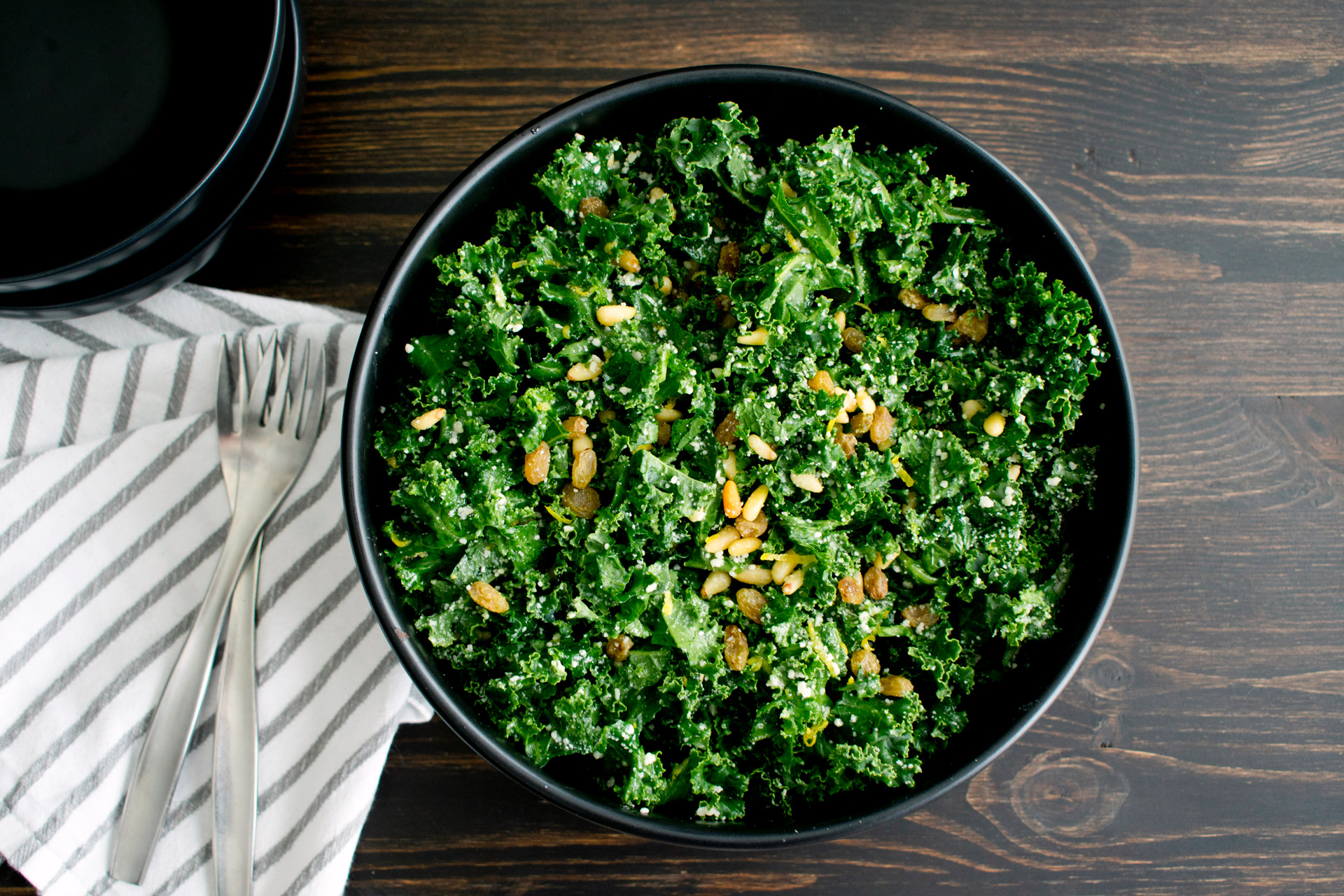
Getty Images
Leafy Greens
Packed with fibre, iron and magnesium, leafy greens are one of the healthiest foods to put on our plate – and it turns out they may be a good Valentine’s side dish too. ‘Spinach, kale, and cabbage are rich in nitrates, which your body converts to nitric oxide,’ says Beeson. ‘Nitric oxide helps to widen blood vessels and aid blood flow around the body.’
Is Alcohol An Aphrodisiac?
A couple of drinks often set the mood for date night. But while a glass of wine can help settle the nerves, too much of it may actually have a negative impact, says Beeson. ‘While alcohol can relax us and may initially encourage libido, as Shakespeare famously said, “It provokes the desire, but it takes away the performance!”’.

